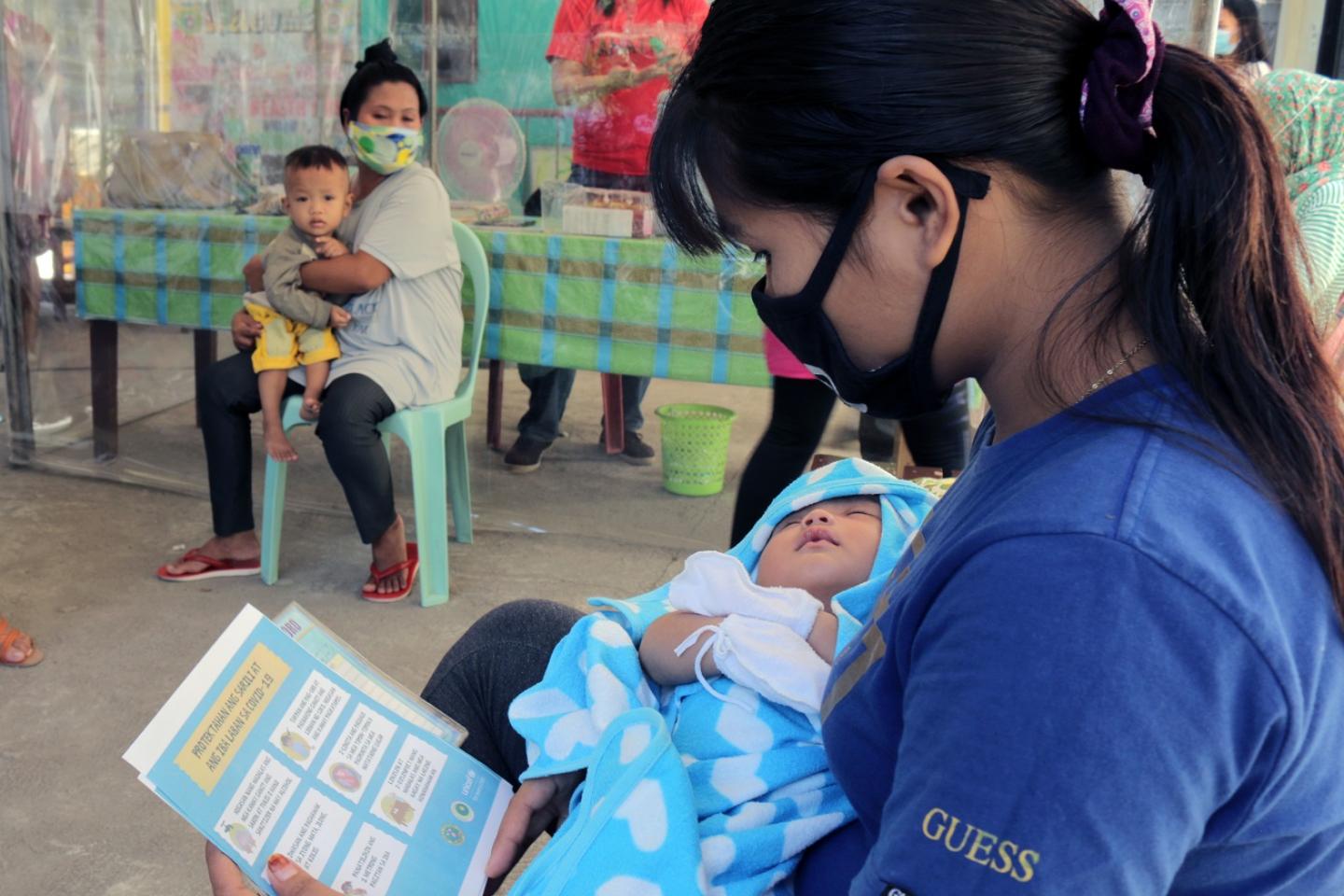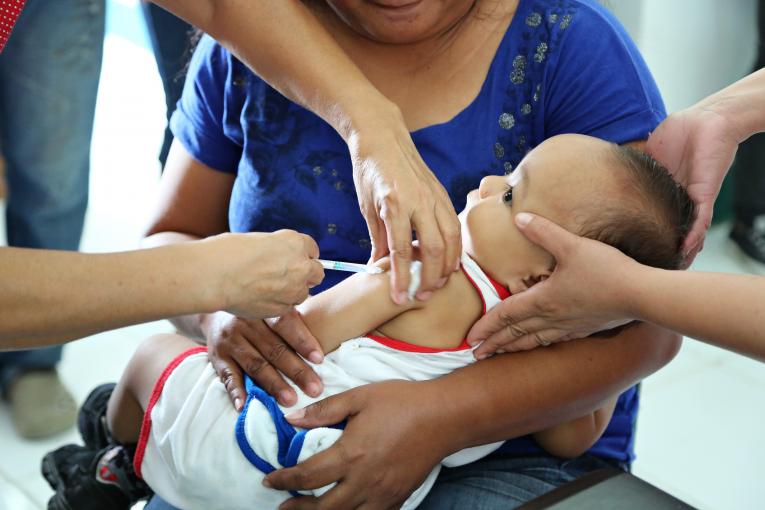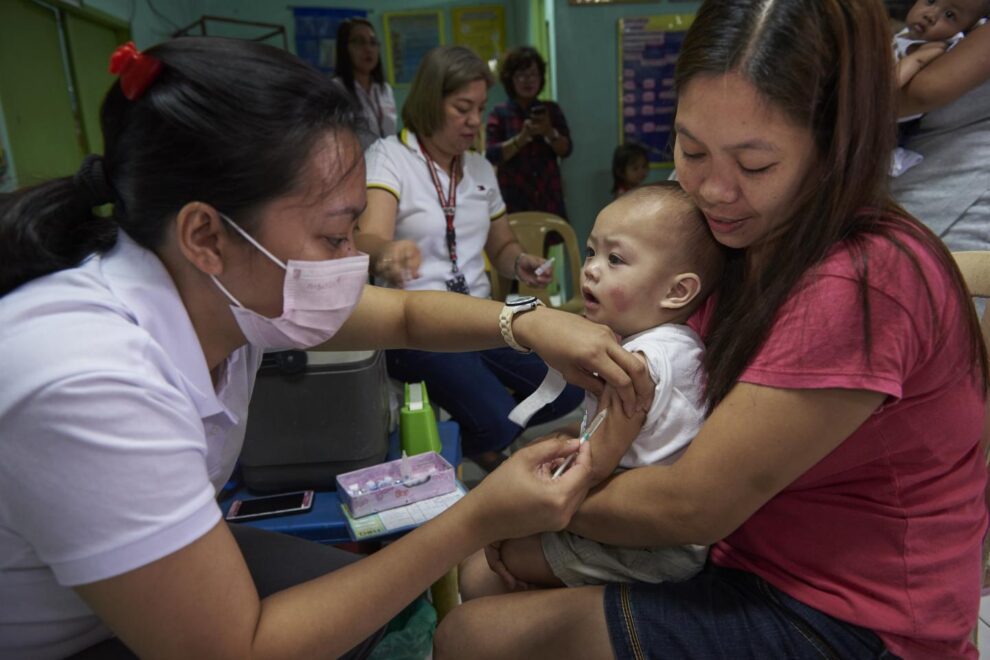MINERVA BC NEWMAN
CEBU CITY – UNICEF-Philippines Chief of Health and Nutrition Dr. Malalay Ahmadzai called on the governments around the world for a more sustained investments in routine immunization, invest in cold chain facilities, data, training and management, fair and efficient COVID-19 vaccinations, and strengthening vaccine trust and confidence.
Ahmadzai said that younger children in the Philippines are beset with yet another challenge: being unprotected from diseases that are preventable through vaccines that are safe, effective and most of all, free.
Only 62 per cent of children In the country today are fully immunized data from January-November 2020, far from the target 95 per cent, she said.
Ahmadzai added that in 2019, the Philippines was among the top nine countries with babies that had not received a single vaccine against preventable disease, together with Nigeria, India, Democratic Republic of the Congo, Pakistan, Ethiopia, Brazil, Indonesia and Angola.
“We call on civil society, local government officials, parents, teachers, social workers, influencers, children and youth to become vaccine champions,” she added.

The UNICEF official bared that more than a year into the COVID-19 pandemic, many are suffering from the effects of the pandemic, especially children and immunization is everyone’s responsibility.
Ahmadzai went on that today is a historic opportunity to both end this pandemic and set out a pathway for the eradication of preventable disease among children and adolescents.
Not being able to go to school, lacking access to essential health and nutrition services, and being at increased risk of abuse and mental health issues, the effect of this pandemic will be felt by children until they grow up to become adults, she stated.
This puts children under increased risk of infections that can cause paralysis or even death, such as polio and measles, Ahmadzai added that as the world commemorate immunization week on April 24-30, UNICEF look to children and their families who need support for vaccinations.
She added that although fewer children are dying now than 30 years ago, one quarter of all deaths among children under five are from pneumonia, diarrhea and measles – a majority could have been prevented through vaccination.

“We need to redouble our efforts by investing in essential services that reach all children and reimagine an efficient health system that works for everyone,” Ahmadzai concluded.












